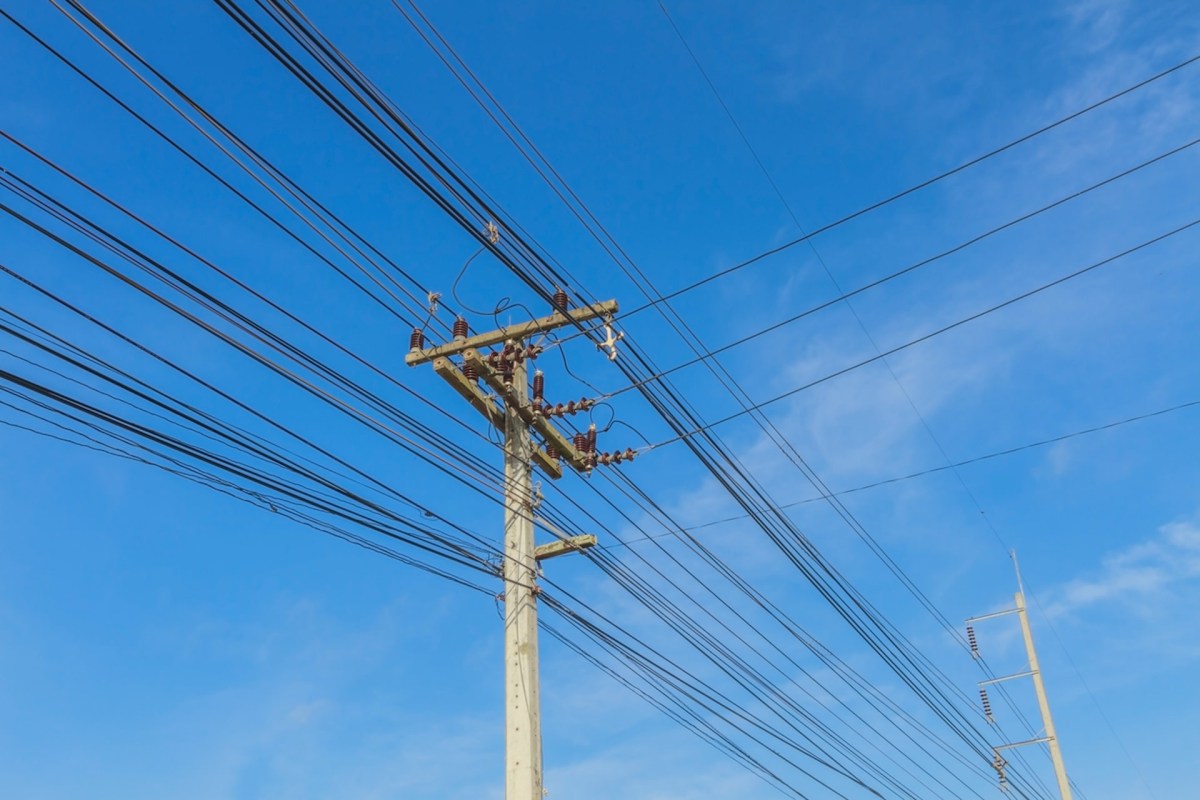The International Energy Agency has given a promising update on the future of renewable energy, with low-emission power production on the rise globally.
Wind, solar, and nuclear energy will be enough to cover increased global demand for power in the next three years, the IEA predicted, while pollution from the energy sector is also dropping.
According to the World Bank, the energy sector is responsible for 40% of global carbon dioxide pollution. This gas remains in the atmosphere and traps heat, which leads to increased temperatures that exacerbate extreme weather conditions.
That's why switching to renewable energy sources is essential to reduce the likelihood of droughts, flooding, deadly storms, and wildfires, which cause environmental destruction and put the lives of humans and animals at risk.
As Reuters detailed, the IEA expects electricity from low-emission sources to account for almost half of the world's power needs by 2026, proving what is possible if we put our faith in emerging technologies and turn away from outdated dirty energy fuels such as gas, oil, and coal.
The IEA also believes global pollution will decrease by 2.4% in 2024, which demonstrates the impact even small lifestyle changes can have.
"The decoupling of global electricity demand and emissions would be significant given the energy sector's increasing electrification, with more consumers using technologies such as electric vehicles and heat pumps," the IEA's report read, per Reuters.
One promising detail of the report is that renewable sources are finally set to surpass coal for energy production near the start of 2025 and will provide over a third of total energy generation.
The World Bank noted that despite coal-fired power plants producing 40% of energy demand, they were responsible for 70% of the energy sector's pollution in 2010.
It's a promising shift, but consumers don't have to rely on the grid to access clean energy. Small-scale wind and solar production is possible at home.
Meanwhile, technology like heat pumps for domestic heating and cooling can further reduce reliance on dirty energy sources — and save you money on bills, too.
Join our free newsletter for cool news and actionable info that makes it easy to help yourself while helping the planet.









